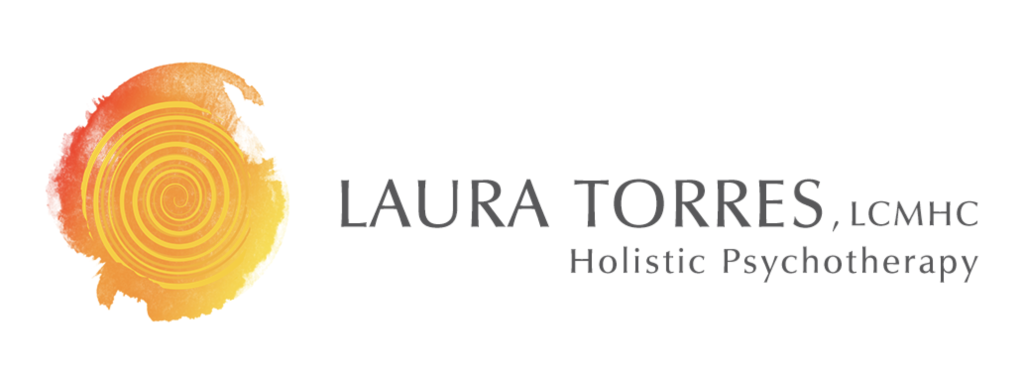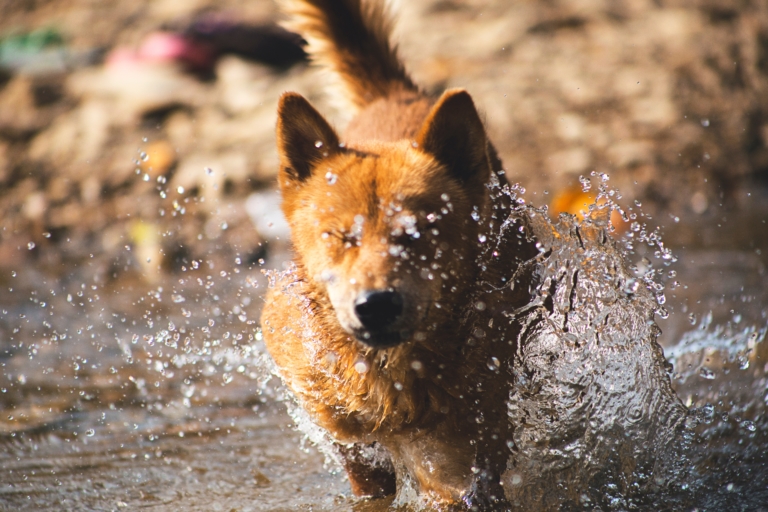Play /plā/ verb: engage in activity for enjoyment and recreation rather than a serious or practical purpose
I’m going to start this post with a confession: I’m currently re-learning how to play. I certainly don’t fault myself because there are a host of reasons that I’ve forgotten how to play. There are many times when I’ve truly needed to step into my sense of responsibility, to practice discipline and pushing through. And as many of us did, as I grew up I learned that productivity, hard work, and doing were more important than play, rest, and being (at least in our culture). But the reality is that we need balance. It’s not that one is good and the other is bad. It’s more that we’ve just gotten out of balance.
A few months ago I was given the assignment to explore play by someone I was working with at the time. That next morning I got up early to meditate and was sitting at my altar when my son came over and sat down beside me. I invited him to sit quietly next to me during my last few minutes (as I meditated on play). Being a five-year-old boy, he didn’t sit still for long and began to explore some of the stones on my altar. He took my energy clearing stone and started to clear the energy on his body as he’d seen me do before and then accidentally dropped the stone down his shirt and burst out laughing. Next thing you now he was standing up dancing around dropping the stone down his shirt and down his pajama pants and laughing with joy. Meanwhile, I’m still sitting quietly trying to focus on my meditation. Then I burst out laughing as I realized how seriously I was taking this practice of inviting in play! And here was my son, teaching me about it right there in that moment.
Perhaps you can relate? How often have you found yourself focused on the hard work of personal growth, trying to control what’s happening around you, trying to push through your body’s requests for more rest, levity, joy? Part of learning to play is learning to be present and listen to our bodies. As adults, we are often so focused on doing things for a practical purpose, in other words, the responsible things, e.g., going to work, paying the bills, cooking the meals, exercising, etc. that we forget how to do things for enjoyment. And even when we make time for enjoyment, often times we’re stuck in productivity mode. How many times have you found yourself still in the mode of doing as you meditate or go for a run? That’s why they don’t always feel like outlets.
When we’re not making time for play, rest, freedom to follow our inner impulse, we end up exhausted and so we disengage by watching TV or scrolling through Facebook. Sometimes this might meet our need for rest but often it’s just a go to filler because we don’t actually know what we need or how to switch from doing to being in an active and engaged way. And just to be clear, I’m with you in this re-learning. It is not something I’ve mastered. But something that I think it’s important for all of us to attend to so that we can make conscious choices with our time versus being stuck in a default productive mode.
So I’ve decided to compile a list of tools and fun ideas to help you listen in and bring more play and being-ness into your life. I would love to hear any suggestions you have as well (since we’re on this journey together!):
- Take time throughout the day to mindfully check in to see how you’re feeling and what you need in that moment. Sometimes we can’t meet that need completely but usually we can attend to it in some way, e.g., you might realize you’re exhausted but you’re at work so you might just choose to sit down for a minute and feel your breath and your body relax into the chair.
- Learn from expert players—kids! Next time you’re hanging out with some kiddos, drop your agenda and see if you can let yourself sense into their playful energy. Follow their lead. We are relational beings so your nervous system will start to mirror their playful vibes when you allow it to.
- Play with your pets. Watch the joy in their eyes and their entire body as they play or snuggle or rest. Soak it in and similarly to when you play with kids, feel your own system respond accordingly. Our limbic systems are open systems so we respond to those around us, especially when we’re actively attending to them.
- Take some time to think about adults you know who are good at playing. Consider the qualities in their lifestyle, personality, choices, etc. that contribute to their ability to play and explore integrating some of these qualities into your life or sensing into what they might do in a free moment or certain situation.
- Schedule free time into your week where you don’t have any agenda. Put away your “to do” list during this time and follow your joy. As yourself, what do I feel like doing? What would bring me joy in this moment? Play doesn’t have to be high energy so go with whatever feels right. You might surprise yourself.
- Let yourself be silly. My son and I have recently invented this ridiculous game where we talk nonsense back and forth but in a relational way, with our tones, body language, and facial expressions. Try this silly game out with a friend or someone you feel comfortable being silly with. Or put on some upbeat music and dance (in a silly way…you’re not trying to look good here!)
- Notice when you’re taking something seriously or working really hard. Zoom out to get perspective. Ask yourself how you might see this with more lightness? What are the other possibilities? Where is there an opportunity for more playfulness or ease? Last weekend I caught myself taking my Mardi Gras costume so seriously that not only was I not enjoying it but it was stressing me out. Haha! Just being aware of this helped me let go and get back into the fun around it.
- Play a game—board game, cards, charades. This is a great go to because it’s structured enough that us adults have a little more support in the re-learning. Remember that the focus is play, though, so don’t take the game too seriously.
- Get creative. Both play and creativity are about following the inner impulse rather than following the rules or the shoulds. Sometimes it’s difficult to get started but once you start, it’s easy to keep going. You might get creative with cooking or get out your art supplies or get creative in your garden. You could even get creative in your thoughts or conversations with people.
- Explore joining in on group activities that encourage playfulness like taking an improv class or going to a relational mindfulness meet up. Remember not to take this too seriously. Group dynamics can bring up a lot of our safety and attachment issues so keep your eyes on the prize…this is about play!
Hopefully these give you some good ideas or have at least sparked some inspiration for getting out and playing this month. We can’t play when we’re exhausted so make sure you’re taking time to rest too. Playfulness is all about tuning into and honoring our relationship with our selves and with others. So listen to your body, go at your own pace, and don’t override yourself to practice play. If this month is more about rest for you, go for it!
Invitation: Create intentional space for play this month. You might choose one of the practices above to follow through with each week. Play around with them. Be gentle with yourself!
Affirmation: Play is essential to sustaining hard work and discipline. We cannot have one without the other.

